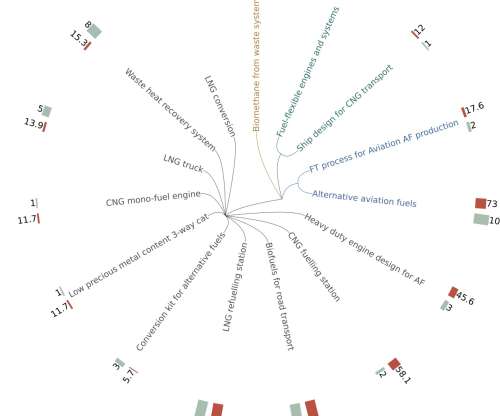Luxembourg bus operator orders five Volvo 7900 plug-in hybrid buses; ABB fast chargers
Green Car Congress
JUNE 8, 2016
Volvo has received an order for 5 Volvo 7900 plug-in hybrid electric buses ( earlier post ) from bus operator AVL (Autobus de la ville de Luxembourg). The five buses and chargers will be delivered towards the end of this year; one of the bus chargers will be placed at the central station in Luxembourg.












Let's personalize your content